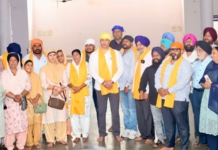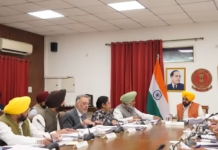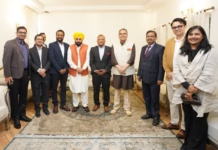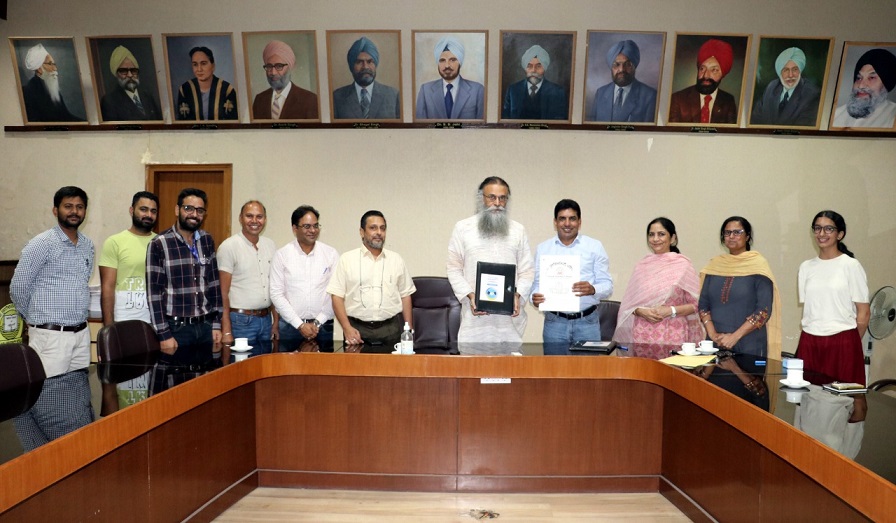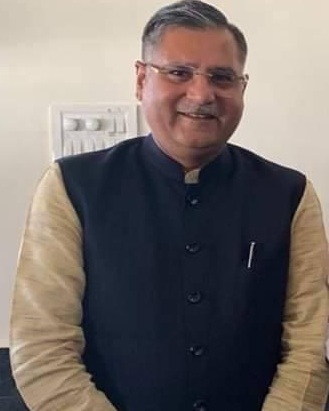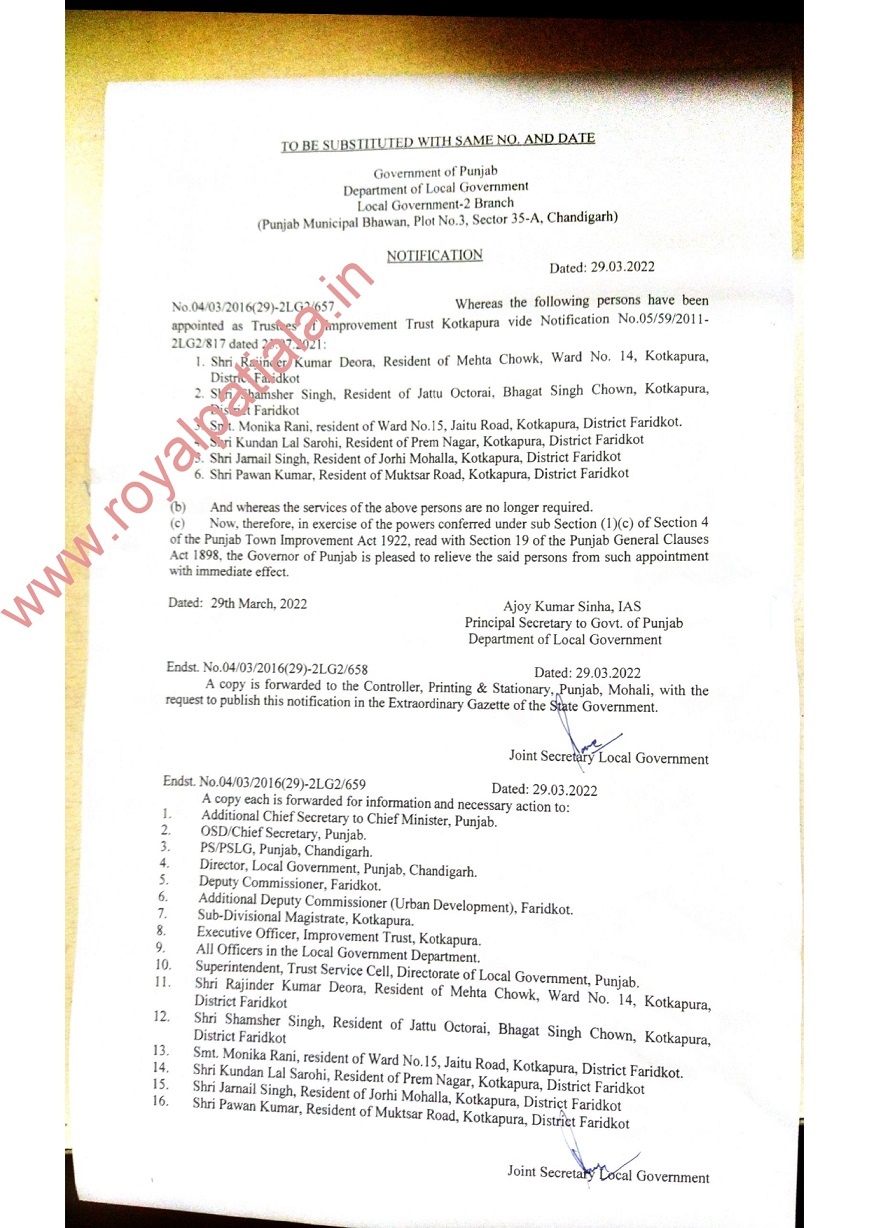Panel discussion on Jallianwala Bagh; Manish Tiwari emphasized upon touching aspects of massacre
KI Singh/ royalpatiala.in/ Chandigarh
Jallianwala Bagh was the turning point of Indian Freedom struggle after which the Indian leaders resolved not to accept the repression of British Imprealism anymore.
Stating this today during a panel discussion on the second day of MLF, Member of Parliament from Anandpur Sahib Manish Tiwari stressed upon the need of doing more research to reach at the depth of the Jallianwala Bagh Massacre.
The panel discussion was moderated by historian Kishwar Desai and other panelists were historians Manoj Joshi, Walter Reid and Professor Sukhdev Singh Sohal from Guru Nanak Dev University Amritsar.
Advocating more research, documentation and study of the entire incident specifically in the number of deaths, MP Manish Tiwari said that the repression of the British Imperialism was on its heights in those days and the civil unrest was continuously being suppressed by the Britishers.
He said that when Mahatma Gandhi came back to India in 1915 the freedom movement took the shape of national movement and Punjab was extremely critical for British.
The MP pointed out that Jallianwala Bagh incident did not occurred all of a sudden but it was a part of the movement of continuous supression by the Britishers. It was an atrocity of different magnitude, he added. He informed that earlier too during the Kuka Movement in 1872 the Kuka leaders were blown away by the cannon mounts to supress their voice.
Tiwari stated that the body count during this massacare was assessed by the experts with 1560 bullets fired on the day of Baisakhi where unarmed people had gathered in the Bagh.
Participating in the discussion, Professor Sukhdev Singh Sohal touched different aspects of Jallianwala Bagh massacare including the structure of Indian army in those days, designation and duty assigned to Brigadier-General Reginald Dyer. He also talked about the British policy adopted in India after the 1857 mutiny. The Professor also threw light upon the background of Dyer and stated that both General Dyer and the then Lieutenant Governor of of Punjab Sir Michael Francis O’Dwyer were Irish and cannot be seperated.
He also discussed about the ways and means adopted by the Britishers to keep the Jallianwala Bagh incident low profile for a long time due to which not much was shared about the massacre.
Manoj Joshi spoke about the role of Mahatma Gandhi after the incident and also talked about the aftermath of the incident. He too pointed out that the incident was not properly documented even after independence.
The panelists informed that though a ban was imposed in different parts of Amritsar but it was not announced around Jallianwala Bagh due to which large number of people gathered in the Bagh.
Terming it a terrible thing happened, Kishwar Desai said that Jallianwala Massacre is worst example of colonial violence which shows an aggressive way of dissent and a bid of terrorising minds of protesters. She said that her book–Jallianwala Bagh, 1919-The Real Story, is homage to those who suffered specifically in Amritsar in the backdrop of Mahatma Gandhi’s mobilisation of Rowlatt Satyagraha across the country.



